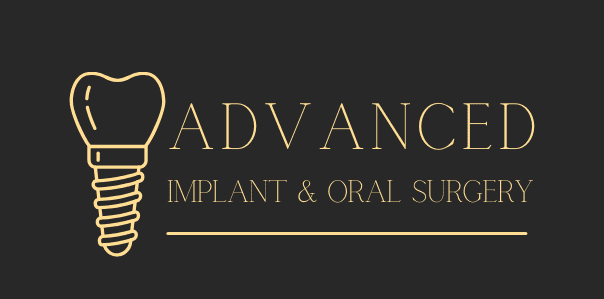Ever heard the phrase, “you’ve gotta be cruel to be kind?” It has never been truer when referring to gum disease treatments. Periodontal disease affects as much as 80% of US adults, but the way dental practitioners handle periodontal treatments may be part of the problem. Patients avoid periodontal treatment due to lack of treatment urgency, not fully understanding necessary treatments, and money. Many dentists hesitate to fully explain and recommend periodontal therapy because they fear patients will simply cancel appointments due to the added cost. Instead, dentists tend to try the “nice” approach – recommending periodontal appointments every three months but billing them as regular dental cleanings during six month checkups. However, by changing the focus of periodontal disease treatment to communicating clearly, emphasizing assessment and prevention, and working with patients to maximize insurance benefits, dentists can better equip patients to receive the dental care they need.
Say What You Mean – To Be Unclear is to be Unkind
Gum disease is caused by a buildup of plaque around or below the gum line. These plaque deposits harden into tartar which can irritate gum tissue leading to gingivitis. This is a mild form of gum disease that is easily treated at your regular dental checkups. However, left untreated, gingivitis can develop into periodontitis. This more advanced form of periodontal disease is detrimental to oral and whole body health.
To be clear: periodontal disease is dangerous! Studies have linked advanced gum disease to chronic and systemic illnesses such as cardiovascular disease, diabetes, and preterm or low weight births, it effects more than half of the US adult population, and is the leading cause of tooth loss. Not treating periodontal disease is not an option. There is good news about gum disease. It is 100% treatable and preventable, and your dentist is always here to help you do both.
Learned Behaviors – You Have to be Good to be Lucky
The best way to treat gum disease is avoid having it in the first place. With proper at home hygiene and regular, biennial dental visits, you’ll be on your way to a healthy smile for life. At regular dental appointments, your dentist should screen for signs of periodontal disease, and make sure that plaque and tartar have been removed during your teeth cleaning.
If you do have advanced gum disease, you’ll need more advanced treatment. Typically antibiotics are recommended in addition to scaling (removal of excessive tartar buildup below gum line) and root planing (smoothing of the root making it more difficult for plaque to attach to the tooth’s surface). For the most severe cases, laser or surgical treatments may be necessary, and are typically performed by a periodontist.
Financial Preparedness – Your Smile is Worth its Weight in Gold
As the number of people with periodontal disease increases, more insurance providers are beginning to cover the appropriate treatment. However, make sure you speak with your dentist or the practice’s financial coordinator about maximizing the benefits of your insurance coverage in order to obtain the necessary treatment. If your insurance doesn’t cover the recommended care, talk to your dentist about alternatives that won’t compromise your treatment, or consider working with a third part healthcare financier like CareCredit.
Periodontal Therapy – You’re Only as Good as Your Last Shift
Gum disease is episodic. That means that patients can go years being asymptomatic before the disease comes back. Regular maintenance and assessment from a skilled dental practitioner twice a year is the only way to ensure your dental health for a lifetime.
